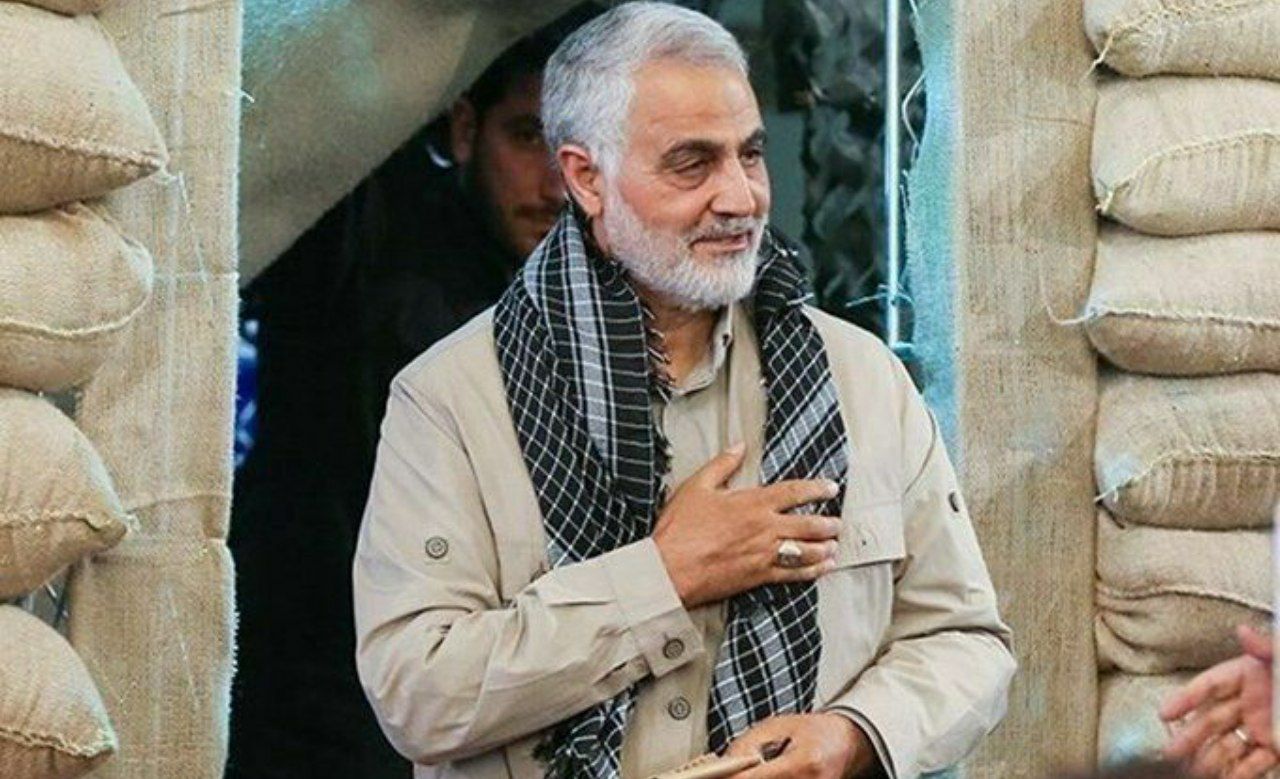Hossein Amir-Abdollahian, in an interview with the website of the Strategic Council on Foreign Relations, described the effects and blessings of Martyr Soleimani’s actions in the region: “At the strategic level, the creation of a new political-security structure in West Asia is one of the most important works left by General Soleimani.”
He said that after the victory of the Islamic Revolution of Iran, we witnessed the collapse of political-security arrangements in the West Asian region. That is, Iran and Saudi Arabia were the guardians of the interests of the United States in the region, and at one point the ex-shah was considered the Gendarme of the region and served the interests of the United States in the region to this structure collapsed with the victory of the Islamic Revolution of Iran.
The former deputy foreign minister added: “After more than a decade, the Americans tried to use radical methods, including striving to divide Iran by fomenting internal strife, a coup against the Islamic Revolution, and about eight years of supporting Baathist Saddam in the imposed war to create fundamental changes in the Iranian system.
US Efforts to Deny Iran’s Presence in New Regional Structure
Amir Abdollahian continued: “At the same time and after, through the imposition of sanctions and all political, security and media tools, they tried to bring the old political-security structure back to the region, but they did not succeed. As a result, they started to create a new political-security structure in the region, but strived not to include Iran in all of this structure.”
Amir Abdollahian said: “Iran, as an important and influential country, has a geopolitical and geostrategic position in the region and has resources in the geo-economic sector, especially in the field of energy and other natural resources. Therefore, the Islamic Republic of Iran will never allow arrangements in the region with Iran playing no role in it.”
“Axis of Resistance”; Soleimani’s Politico-Security Structure against US
He emphasized: “Considering the role of the guidelines and instructions of the Supreme Leader and the strategies of the establishment, General Soleimani was first able to prevent the formation of the political-security structure desired by the United States and the Zionist lobby in the region; but a more important task that General Soleimani was able to fulfill on the ground was to create a new political-security structure, especially in the last more than a decade, in the region called the “Axis of Resistance” or the “Resistance Front” and we can see its role in the developments of the region during these years.
The Special Assistant to the Speaker on International Affairs stressed: “If we are witnessing the defeat of terrorism and the defeat of ISIS we owe an important part of this achievement to the new political-security structure called the Axis of Resistance. If we see that the extensive efforts of the United States and its allies to overthrow the Syrian political system and divide Syria and Iraq would not succeed, it is because of the new political-security structure in the region.
Amir Abdollahian added: Perhaps one of the most lasting and important actions of General Soleimani should be considered this structure which is called” Axis of Resistance “or” Resistance Front” — An axis whose members today are all allies of the Islamic Republic of Iran.
A Special & Lasting Military Command Model
Regarding the permanence of Martyr Soleimani’s attitude, the former Deputy Foreign Minister also said: “The phrase, which is rightly referred to as the ‘Soleimani Doctrine’, can be studied precisely in this area.” I believe that General Soleimani’s policy in the field of military command to ensure maximum national security and regional security that is directly related to national security, showed a special model and a unique example of the command of a high general in the most complex conditions of the region.
He stated that Martyr Soleimani used all means to advance his mission, adding: “Using the capacity of diplomacy and personal power in negotiations with all foreign parties, in fact, left another unique policy in the field of diplomacy and negotiation of General Soleimani.”
Amir Abdollahian explained: “When I was present at General Soleimani’s talks with officials from other countries as a colleague at the Ministry of Foreign Affairs, I often saw that General focused all his attention on the other side’s policy, approach or action to be taken so that they would be convinced. Moreover, we must add his central ethics and his special attention to value and moral issues to his features. A subject that made him a role model, an example, and a person worthy of being called a model – A style that is referred to as the “Soleimani Doctrine” and remains a memory.










0 Comments